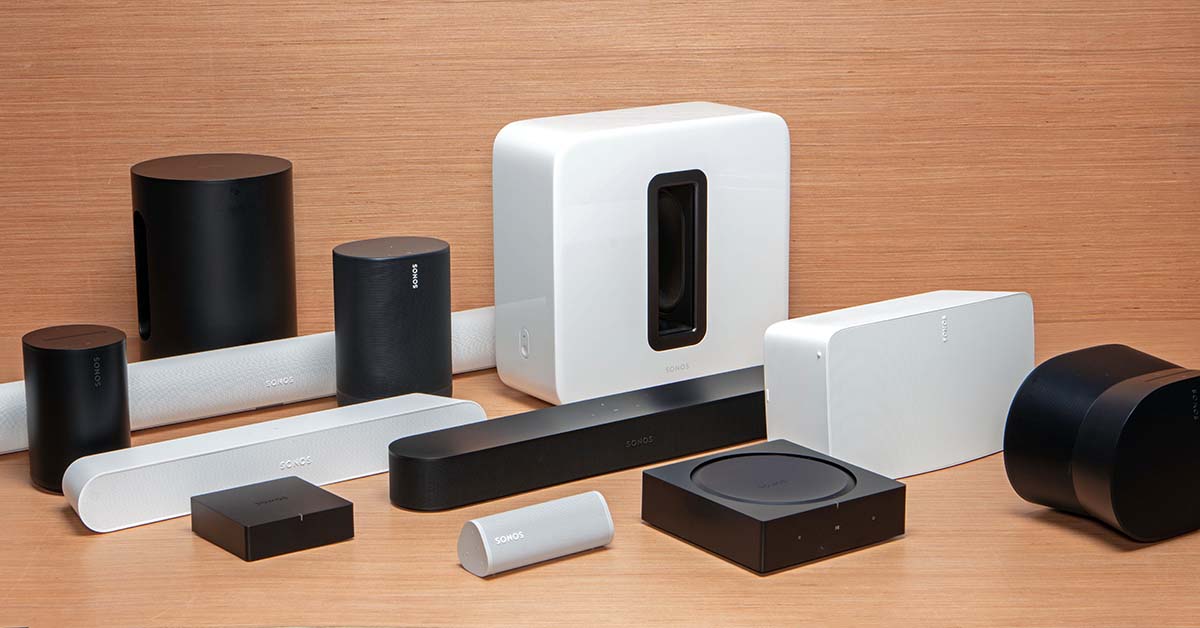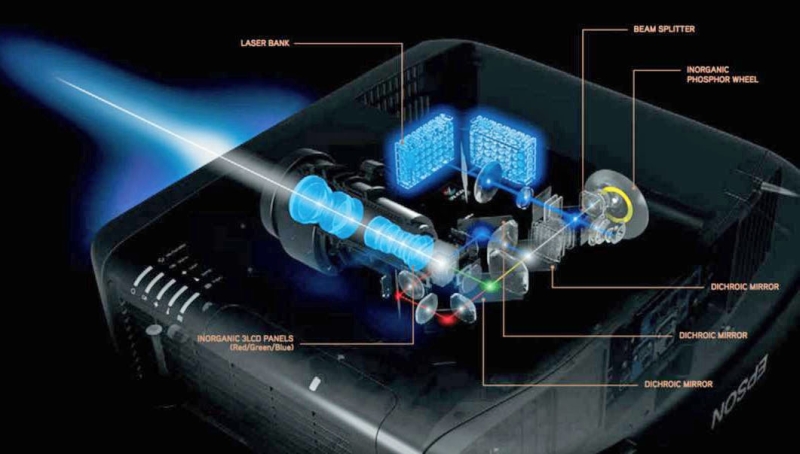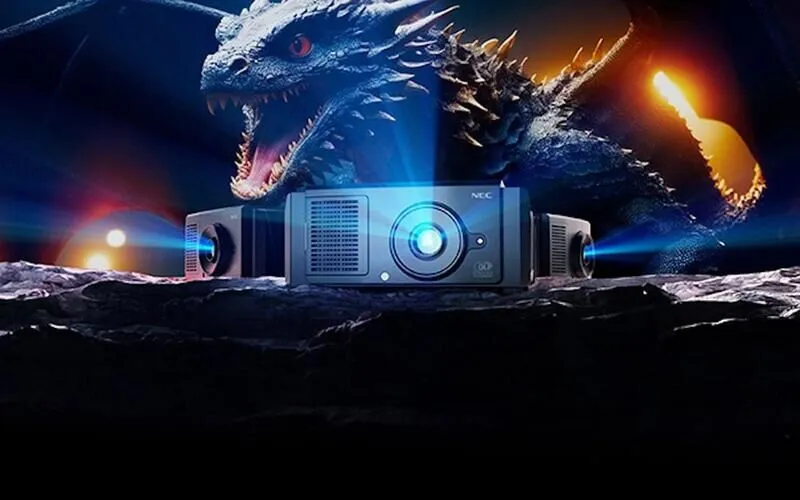Projection technology insights are constantly evolving, reshaping the way we experience audiovisual content in our daily lives. Imagine stepping into a world where your viewing experience transcends traditional boundaries, immersing you in a realm of unparalleled clarity, sound, and connectivity. In this dynamic landscape of projection technology, staying informed about the latest trends and innovations is essential to curate a personalized audiovisual sanctuary that caters to your unique preferences. Let's explore the fascinating realm of projection technology, uncovering the insights that can transform your viewing experience from ordinary to extraordinary.
Understanding Projection Technology
Projection technology has revolutionized the way we view and experience visual content, offering immersive solutions for both entertainment and professional settings. By delving into the intricacies of projection technology, users can gain valuable insights into maximizing their audiovisual experience.
Basics of Projection Technology
Projection technology involves the use of devices to project images onto a surface, commonly a screen or wall. Key components of projection systems include the projector itself, light source, optics, and imaging technology. Understanding these fundamental elements forms the groundwork for comprehending the capabilities and limitations of different projection systems.
Types of Projection Technologies
LCD (Liquid Crystal Display): Utilizes liquid crystal panels to create images.
DLP (Digital Light Processing): Uses microscopic mirrors to reflect light.
LCoS (Liquid Crystal on Silicon): Merges LCD and DLP technologies for high-quality images.
Benefits of Projection Systems
Large Screen Size: Projection systems allow for larger screen sizes compared to traditional displays.
Flexibility: With portable projectors and various mounting options, users can adapt projection systems to different environments.
Cost-Effective Solutions: Projectors offer cost-effective alternatives for creating immersive viewing experiences.
When considering projection technology insights, it's crucial to assess the specific requirements and intended use cases to make informed decisions on selecting the most suitable projector.
Choosing the Right Projector for Your Needs
When looking to invest in a projector, understanding your specific requirements and preferences is essential to make an informed decision. Different projectors cater to varying needs, whether it's for home entertainment setups or professional presentations.
Considerations for Home Entertainment
For creating a captivating home theater experience, consider factors such as:
Resolution: Opt for higher resolutions like 4K for crisp and detailed images.
Brightness: Choose a projector with sufficient brightness based on the ambient lighting in your viewing space.
Connectivity: Look for projectors with multiple input options for seamless integration with your devices.
Factors for Professional Applications
In professional settings, prioritize features like:
Portability: Select lightweight and portable projectors for presentations on-the-go.
Brightness and Color Accuracy: Ensure the projector delivers accurate colors and sufficient brightness for clarity.
Networking Capabilities: Look for projectors that offer wireless connectivity for convenient sharing of content.
Budget-Friendly Options without Compromising Quality
While budget is a significant consideration, it's possible to find quality projectors at affordable prices. Researching and comparing options from reputable brands like Sony or Epson can help you find a projector that meets your needs without stretching your budget. By balancing features, performance, and cost, you can discover the perfect projector that aligns with your projection technology insights.
Enhancing Your Viewing Experience
To truly elevate your viewing experience with projection technology, it's crucial to optimize various aspects beyond just the projector itself. By focusing on both image quality and audio integration, you can create a cinematic experience right in your own home.
Optimizing Image Quality
Achieving stunning visuals on your projection system involves:
Calibration: Fine-tuning settings such as brightness, contrast, and color to optimize image quality.
Screen Selection: Choosing the right screen material and size to enhance image sharpness and color accuracy.
Maintenance: Regularly cleaning and maintaining your projector to ensure consistent performance and longevity.
Audio Integration for Complete Immersion
Sound plays a significant role in creating a truly immersive experience:
Sound Bar: Enhance audio quality with a sound bar that complements your projector's visuals.
Surround Sound Systems: Consider investing in a surround sound system for a more immersive audio experience.
Acoustic Treatments: Implement acoustic enhancements in your viewing space to optimize sound quality.
Creating the Perfect Home Theater Setup
To bring it all together, consider:
Seating Arrangement: Position seating for optimal viewing angles and comfort.
Ambient Lighting: Control ambient lighting to reduce glare and enhance the overall viewing experience.
Smart Home Integration: Explore smart home technologies for seamless control of your audiovisual setup.
By paying attention to these details and incorporating them into your projection technology insights, you can transform your viewing space into a personalized entertainment hub that rivals the cinema experience.
Trends in Projection Technology
As technology continues to evolve, projection systems are not exempt from innovation. Staying informed about the latest trends in projection technology can help users make informed decisions when upgrading their audiovisual setup.
Advancements in Resolution and Clarity
4K Ultra-High Definition: The adoption of 4K resolution offers unparalleled clarity and detail in projected images.
HDR (High Dynamic Range): HDR technology enhances contrast and color accuracy for a more lifelike viewing experience.
Laser Projection: Laser projectors provide consistent brightness levels and color accuracy over an extended lifespan.
Smart Features and Connectivity Options
Wireless Projection: Seamless wireless connectivity allows for easy streaming and screen mirroring from multiple devices.
Smart Home Integration: Projectors with smart features can be controlled remotely and integrated with home automation systems.
Voice Control: Some projectors now offer voice control capabilities for hands-free operation.
Sustainability and Energy Efficiency in Projectors
Energy-Efficient Technologies: Manufacturers are focusing on producing projectors that consume less power without compromising performance.
Longer Lamp Lifespan: LED and laser light sources offer extended lifespans compared to traditional lamp-based projectors, reducing maintenance costs.
Recycling Programs: Companies are increasingly offering recycling programs for projector components to promote sustainability.
By keeping up with these trends in projection technology insights, users can make informed choices when selecting a projector that aligns with their viewing preferences and environmental considerations.
Frequently Asked Questions
What are the key features to consider when choosing a projector for a home theater setup?
When selecting a projector for a home theater, factors such as resolution, brightness, connectivity options, and image size compatibility are crucial. Opt for a projector that suits the size of your viewing area and offers the desired level of image clarity and color accuracy.
How important is sound quality when setting up a projector for immersive viewing?
Sound quality is paramount in creating an immersive viewing experience. Investing in a quality sound system, such as a sound bar or surround sound speakers, can complement the visuals from your projector, enhancing the overall cinematic experience.
Are there cost-effective projector options available for those on a budget?
Yes, there are budget-friendly projectors available that offer decent image quality and features without breaking the bank. Researching entry-level models from reputable brands can help you find a projector that meets your needs while staying within budget constraints.
What are the advantages of laser projectors over traditional lamp-based projectors?
Laser projectors typically offer longer lifespan, consistent brightness levels, and minimal maintenance requirements compared to traditional lamp-based projectors. They also provide better color accuracy and energy efficiency, making them a popular choice for various projection applications.
How can I optimize my viewing space for the best projector performance?
To optimize your viewing space, consider factors such as ambient lighting control, screen material selection, seating arrangement for optimal viewing angles, and acoustic treatments for improved sound quality. Creating a conducive environment can significantly enhance the performance of your projector setup.




